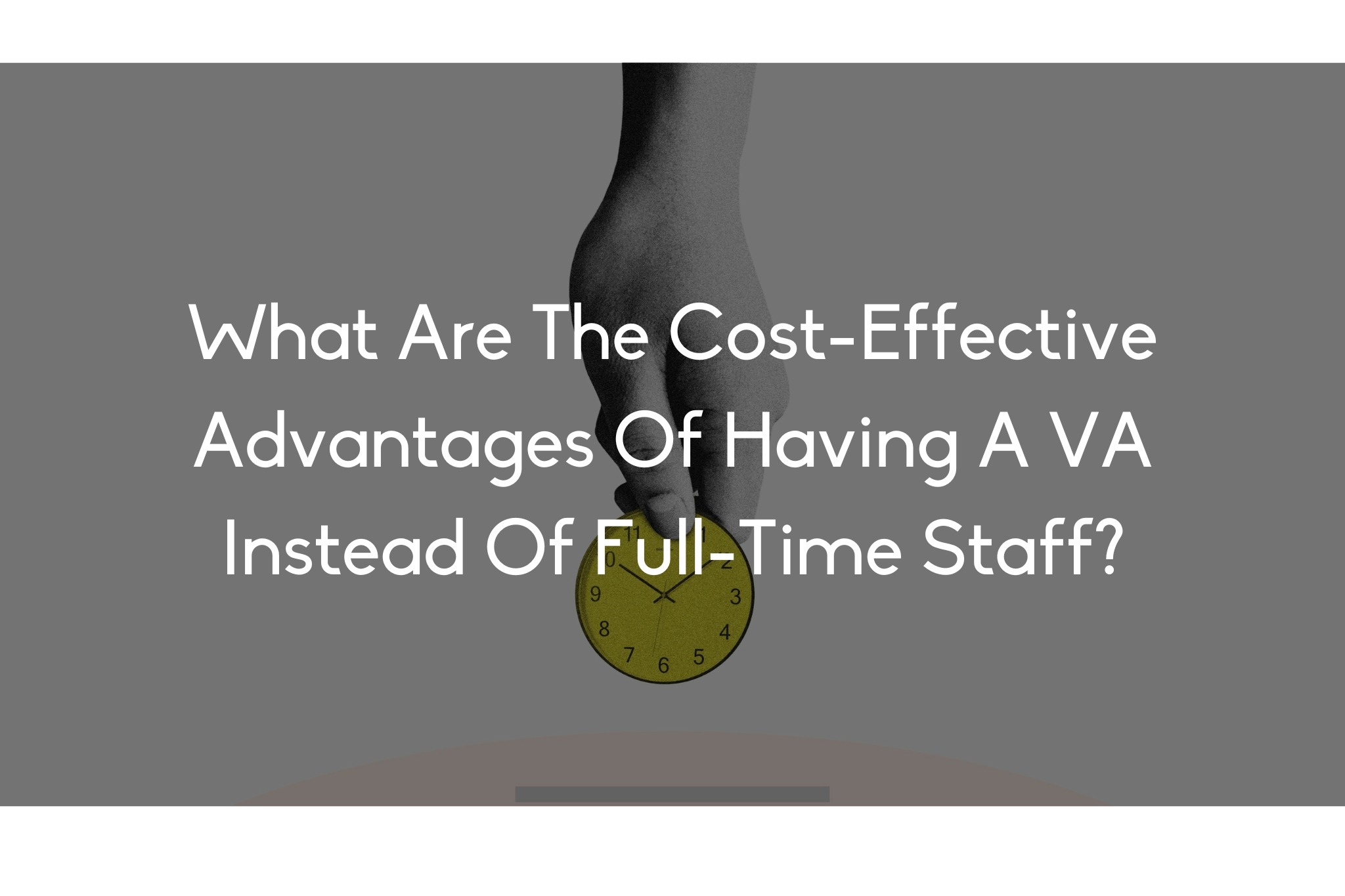Finding a balance between work and life has grown more important as society has gotten more fast-paced and demanding. The phrase “work-life balance” refers to striking a balance between one’s obligations in both the professional and private spheres, which may include family, relationships, hobbies, and self-care. Although it may be difficult to achieve, maintaining a healthy work-life balance has many advantages for both people and society as a whole. The significance of striking a work-life balance is explored in this article, along with some of the good effects it has on different facets of our lives.
Enhanced Mental and Physical Well-Being
The beneficial effects of work-life balance on both mental and physical health are a major factor in its importance. It is possible to emphasize self-care activities like exercise, enough sleep, and relaxation when work and personal life are balanced. These exercises improve general health, stress reduction, and physical fitness. Additionally, making time for relationships and personal interests outside of work promotes emotional health and lowers the risk of burnout, anxiety, and depression. By putting self-care first and keeping a balance, people can improve their mental and physical health.
Increased Productivity and Job Satisfaction
Contrary to popular assumption, putting in a lot of overtime does not always result in higher output. Studies have proven that workers who maintain a work-life balance are more effective, focused, and content in their jobs. A sufficient amount of rest and leisure time refreshes the mind, which enhances focus and creativity. People return to their professional responsibilities with fresh excitement when they have the chance to engage in things they enjoy outside of work. Higher levels of productivity, job satisfaction, and a better sense of fulfilment are fostered by this cycle of balance and renewal.
Stronger Relationships and Family Life
One of the most significant casualties of an imbalanced work life is the strain it puts on relationships and family life. Long working hours and excessive commitment to work often leave individuals with little time or energy to devote to their loved ones. Neglecting personal relationships can lead to feelings of isolation, strain on family dynamics, and deteriorating bonds. On the other hand, maintaining a work-life balance ensures that individuals have quality time to invest in their relationships. Spending time with family and friends, participating in activities together, and actively engaging in meaningful conversations nurture strong bonds and contribute to a fulfilling personal life.
Improved Mental and Emotional Resilience
Striving for a work-life balance builds mental and emotional resilience, equipping individuals with the ability to navigate challenges effectively. When individuals have outlets for stress relief and time to pursue hobbies or engage in activities they enjoy, they develop coping mechanisms that help them handle work-related pressures more effectively. The ability to detach from work and find solace in personal pursuits fosters a sense of balance and perspective, reducing the risk of chronic stress and its associated health consequences. By cultivating resilience, individuals become better equipped to face adversity, overcome obstacles, and maintain their well-being even during demanding times.
Positive Impact on Society
Achieving work-life balance not only benefits individuals but also has a positive impact on society as a whole. When employees have a healthy work-life balance, they are more likely to be engaged citizens and active members of their communities. They can contribute to social causes, volunteer their time, and foster relationships beyond their professional sphere. Furthermore, organizations that prioritize work-life balance tend to have higher employee retention rates, lower absenteeism, and increased employee loyalty. These factors translate into improved organizational productivity, reduced healthcare costs, and a positive work culture that supports employees’ well-being.
Conclusion
In a world where work often dominates our lives, achieving a work-life balance has become more crucial than ever before. Striking a balance between work and personal life yields numerous benefits, including enhanced mental and physical well-being, increased productivity and job satisfaction, stronger relationships and family life, improved mental and emotional resilience, and a positive impact on society. Individuals, organizations, and society as a whole need to recognize the importance of work-life balance and strive towards achieving it to foster happier, healthier, and more fulfilling lives.

